Welcome to Early Years at Norwich Road Academy
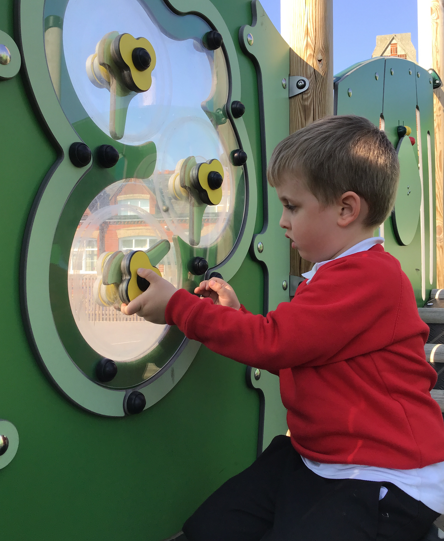
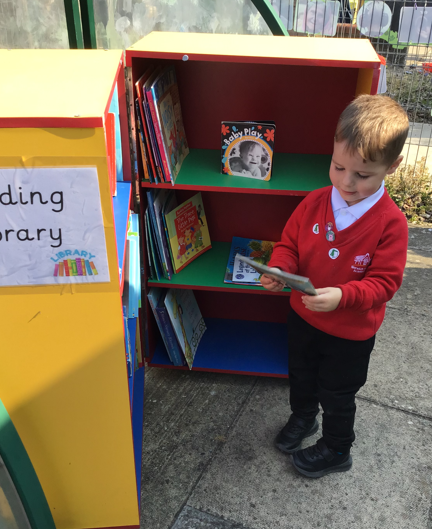
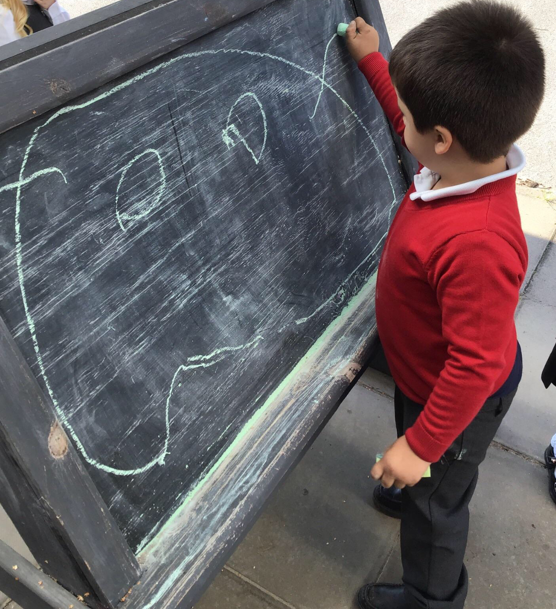
Intent
At Norwich Road Academy, we are committed to providing a high quality Early Years' education which gives children a secure and confident start to their school life and nurtures a lifelong love of learning. We offer children a broad range of knowledge and skills that provide the right foundation for good future progress through school and life. All children begin school with a variety of experiences and learning. It is the privilege of the Early Years practitioners to build upon that prior learning and experience. This is done through a holistic approach to learning, ensuring that parents, carers and teachers work effectively together to support all children’s learning and development. We aim to ensure there are regular opportunities for children to participate in activities that provide pupils with meaningful opportunities to understand how to be responsible, respectful, active citizens who contribute positively to society and enrich the Cultural Capital. Children acquire a wide vocabulary and secure knowledge of phonics through focused teaching.
Implementation
Children have access to a stimulating and inspiring indoor and outdoor learning environment with resources chosen to meet the children’s needs and promote learning. We encourage confidence, independence and a desire to learn. Books are used to support learning in all areas of the indoor and outdoor learning environments and stories, poems and rhymes are read/sung aloud frequently. Children have opportunities to develop and embed maths skills in a wide range of contexts. Parents/carers feel equipped to support children in all areas of the curriculum.
Impact
Children develop detailed knowledge and skills across the seven areas of learning in an age-appropriate way. Children use their knowledge of Phonics to read accurately and with increasing speed and fluency. We ensure children’s vocabulary and understanding of language develops across all areas of learning through appropriate labels, texts, poems, rhymes and songs.
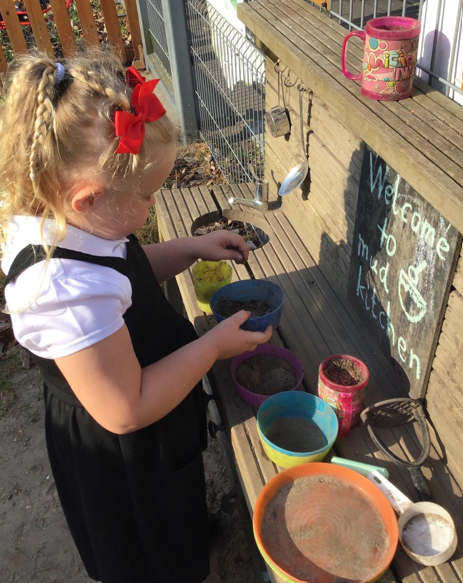
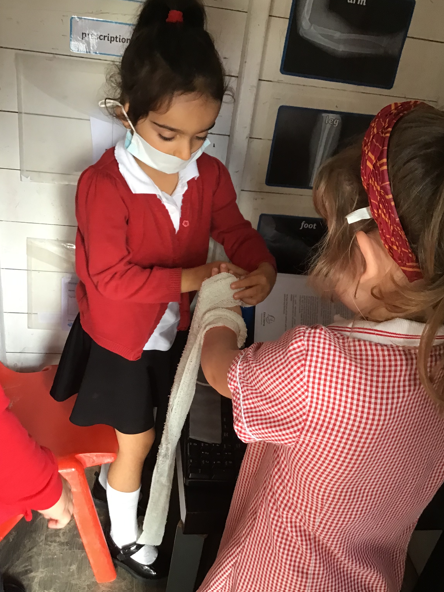
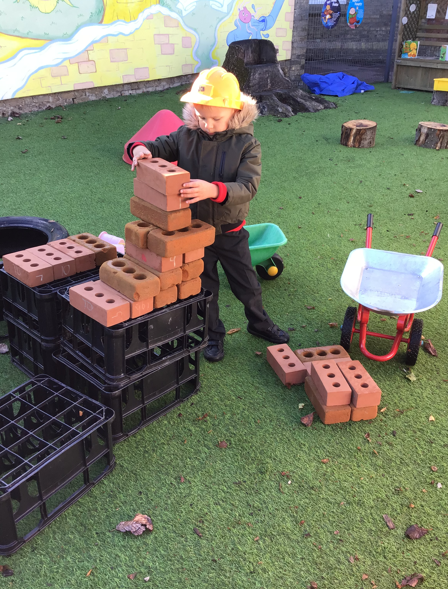
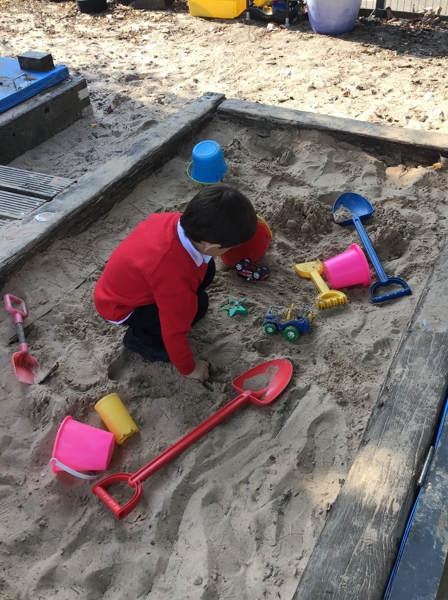
Reception Baseline Assessment
Children entering reception complete the National Reception Baseline Assessment. This assessment is completed within the first six weeks of a child starting school. Further information on the Reception Baseline Assessment can be found in the link at the bottom of the page.
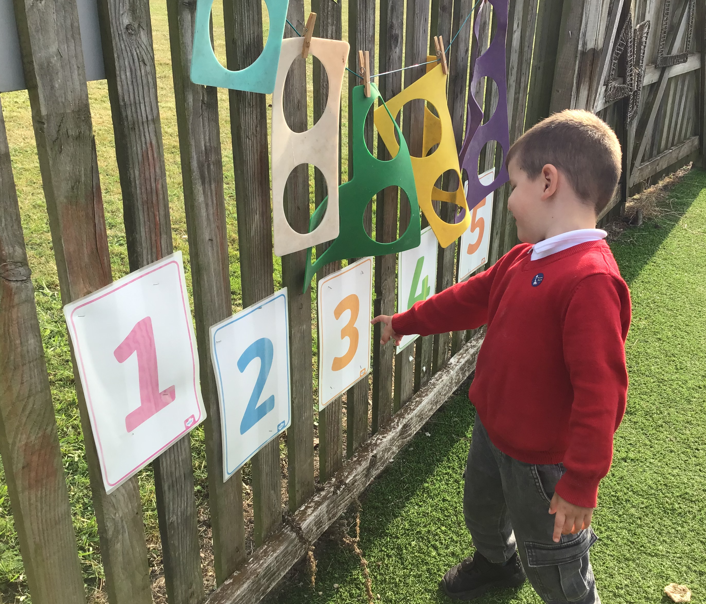
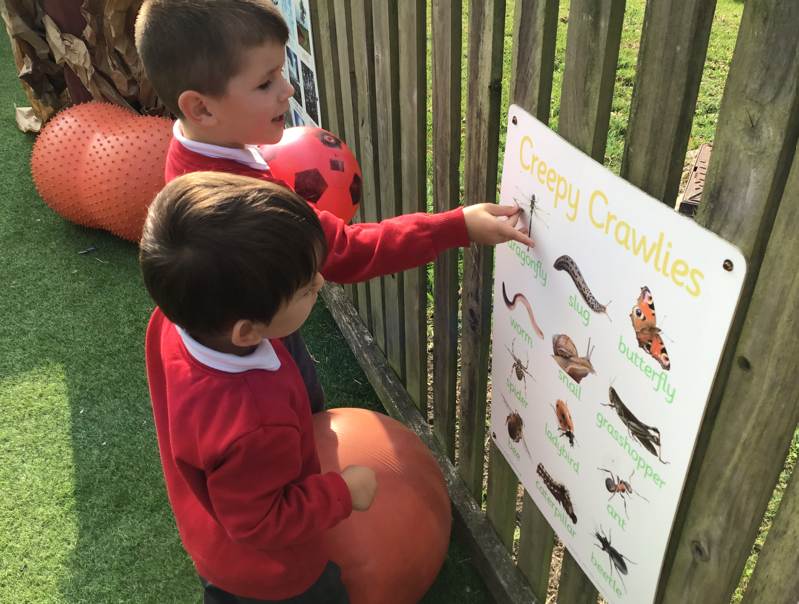
A list of fun and interactive Early Years websites to use at home
Maths
- Numberblocks – An animated series full of number tricks, available to watch on iPlayer.
Literacy, Language and Communication
- CBeebies Storytime App – Read over 40 interactive stories, including fairy tales, nursery rhymes and stories with CBeebies favourites like Peter Rabbit and the Octonauts.
- Alphablocks – Play to learn phonics with the Alphablocks.
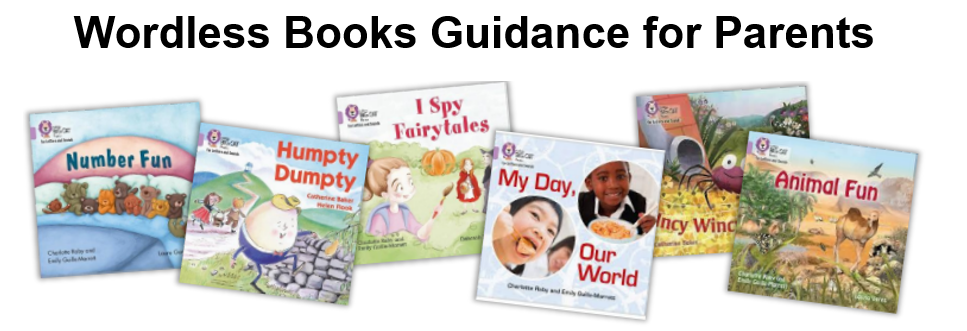
During the first part of the autumn term, your child will bring home wordless books. Please read the guidance below to find out why these books are beneficial for your child and how to support them with reading them.
Why are wordless books beneficial?
Sharing wordless books is a fantastic way of building important literacy skills, including listening skills, vocabulary, comprehension and an awareness of how stories are structured. Wordless books are told entirely through illustrations and engage children in prediction, critical thinking, meaning making and storytelling.
Top tips for sharing wordless books with your child:
1. Begin by looking at the cover. What can you see? What clues to the story does the cover illustration show?
2. Read the title. Does the title give you any ideas of what the story might be about? Make predictions about the story based on the cover and title.
3. Take a picture walk. Look through the pages of the book with the sole purpose of enjoying the pictures. Talk about anything that captures your attention.
4. "Read" the story. You might go first, inviting your child to add to your story as they see fit. Don’t be afraid to tell your story with dramatic flair. Add sound effects and interesting voices that suit the characters of your tale.
5. Encourage your child to take a turn telling their own version of the story, using the pictures and turning the pages as they go.
6. Ask questions about the book — which is your favourite illustration? Do you have a favourite part of the story or a favourite character? Can you tell about a time you have felt like the main character or found yourself in a similar situation?
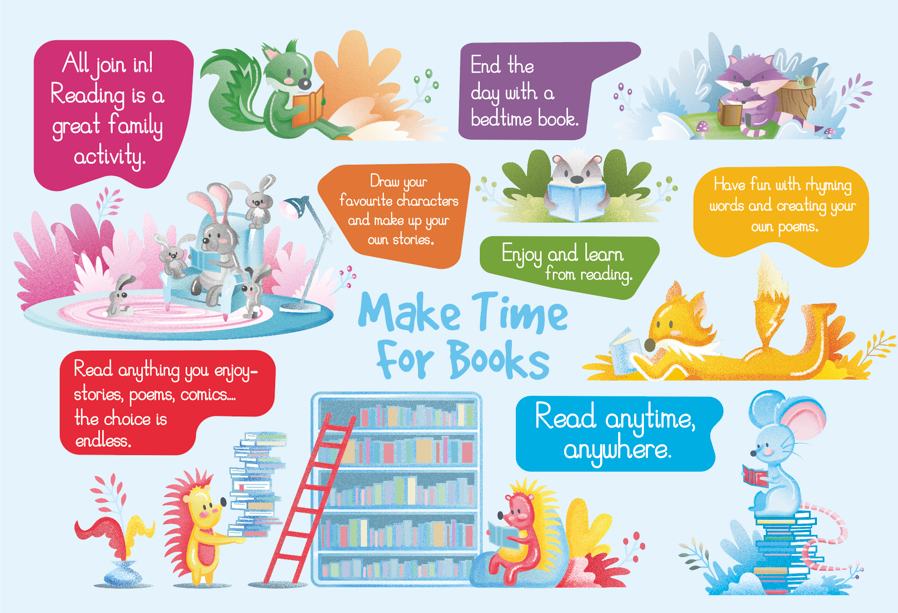
Understanding the World
- Maddie’s Do you Know – Learn new things with Maddie as she explores the world around us and discovers how stuff works. Available to watch on iPlayer.
- Go Jetters – Funky Facts from Ubercorn and the Go Jetters crew to help explore places all around the world help with Geography.
- Kit and Pup – Explore the wonderful world around us with Kit and Pup as they learn about everything from bubbles to trees.
Expressive Arts and Design
- CBeebies Get Creative app – Get your kids painting, making music, creating stories, inventing toys and building blocks with their favourite CBeebies friends. Perfect indoor activities to inspire creativity.
- Bring the Noise – The campaign to inspire music learning and make every child in the UK a musician. Includes songs, quizzes, musical exercises and more!
- Ten Pieces – Resources to help your little ones get creative with classical music.
Wellbeing and development
- 50 Things to Do Before You're Five - 50 Things is based on the simple idea that doing life-changing, fun, low-cost or no-cost activities with your family, and talking about them, is a great way to support the growth of your child's skills and confidence. Children with this great start in life not only enter primary school much more ready to learn but are more likely to be successful.
Physical Education and Development
- Super Movers – Resources throughout the curriculum to help get your little ones learning whilst staying fit and healthy! With subjects spanning from Maths to Modern Foreign Languages, these musical videos encourage movement whilst engaging the brain.
- See Bring the Noise for more songs with actions to improve rhythm, timing and counting.
